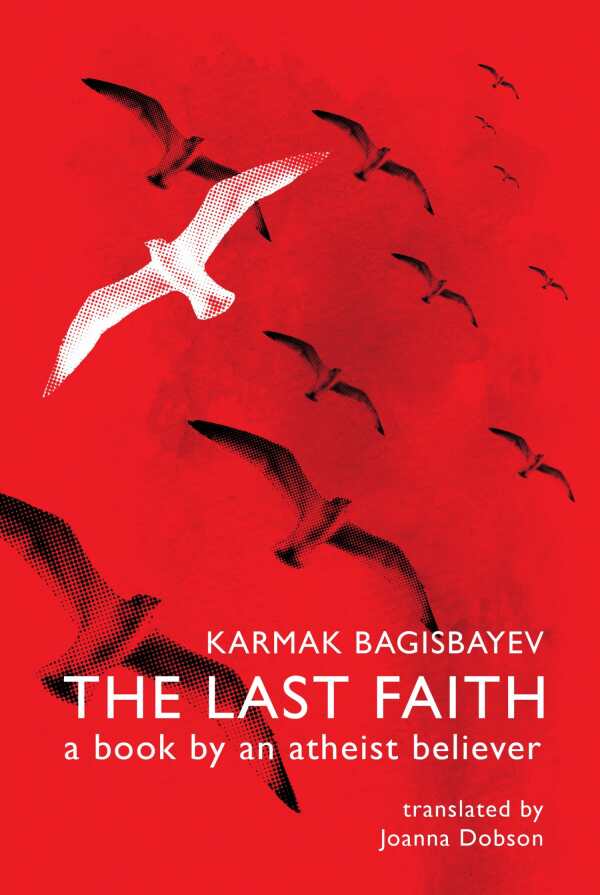The Last Faith
A Book by an Atheist Believer
This illuminating work will inspire theological and philosophical explorations.
Karmak Bagisbayev’s The Last Faith, translated by Joanna Dobson, is a highly personal philosophical conversation with God that works to address large questions: freedom of choice versus fate, good versus evil, whether God intervenes in life on earth, and why human beings are here. It is entertaining and thought-provoking in equal measure.
The book, which is clearly modeled on classic works like Plato’s Symposium, is divided into three sections, all of which contain many subcategories. “The Law of Gene Preservation” deals with topics pertaining to the perpetuation of the human species, including romantic love and family relationships. This chapter is both insightful and funny, and features quaint theories on sexual attraction and on why men find certain types of women appealing. Ideas about nontraditional and same-sex families are refreshingly progressive and represent a loving and inclusive philosophy that many will appreciate.
“The Law of Freedom of Choice” deals with ethical subjects ranging from suicide and euthanasia to human cloning, while “The Last Faith” is a discourse about world religions in general and the tenets of Christianity in particular. The last section is both beautiful and perceptive. Bagisbayev is especially eloquent on the subject of personal sacrifice, and his observations about how loss can serve to bring people closer together are universally relevant.
Autobiographical details are used to flesh out final sections and provide insight into the direction that the rest of the book was working toward, tying up previously unclear philosophical speculations in ways that are moving and inspiring. Discussions of sometimes tragic events in the author’s own life are present, but Bagisbayev also clearly knows that serious speculations don’t have to stay serious all the way through: there is as much lightheartedness as there is profundity in the chapter. Atheism and belief are presented not as polar opposites, as one might expect, but as viable coping systems that share many of the same harmonious values and humanitarian tenets.
Sections flow together well, and even though a wide variety of subjects are introduced, theories dovetail with one another nicely. It is not hard to follow the narrative arc through to the end. Bagisbayev’s tone is down-to-earth and conversational, making The Last Faith a book that anybody—whether they’re familiar with philosophical literature or not—can read with ease.
The Last Faith is illuminating, with insights into theology and philosophy that will undoubtedly inspire audiences to start, or continue, to ponder the big questions for themselves.
Reviewed by
Lisa A. Flowers
Disclosure: This article is not an endorsement, but a review. The publisher of this book provided free copies of the book and paid a small fee to have their book reviewed by a professional reviewer. Foreword Reviews and Clarion Reviews make no guarantee that the publisher will receive a positive review. Foreword Magazine, Inc. is disclosing this in accordance with the Federal Trade Commission’s 16 CFR, Part 255.

